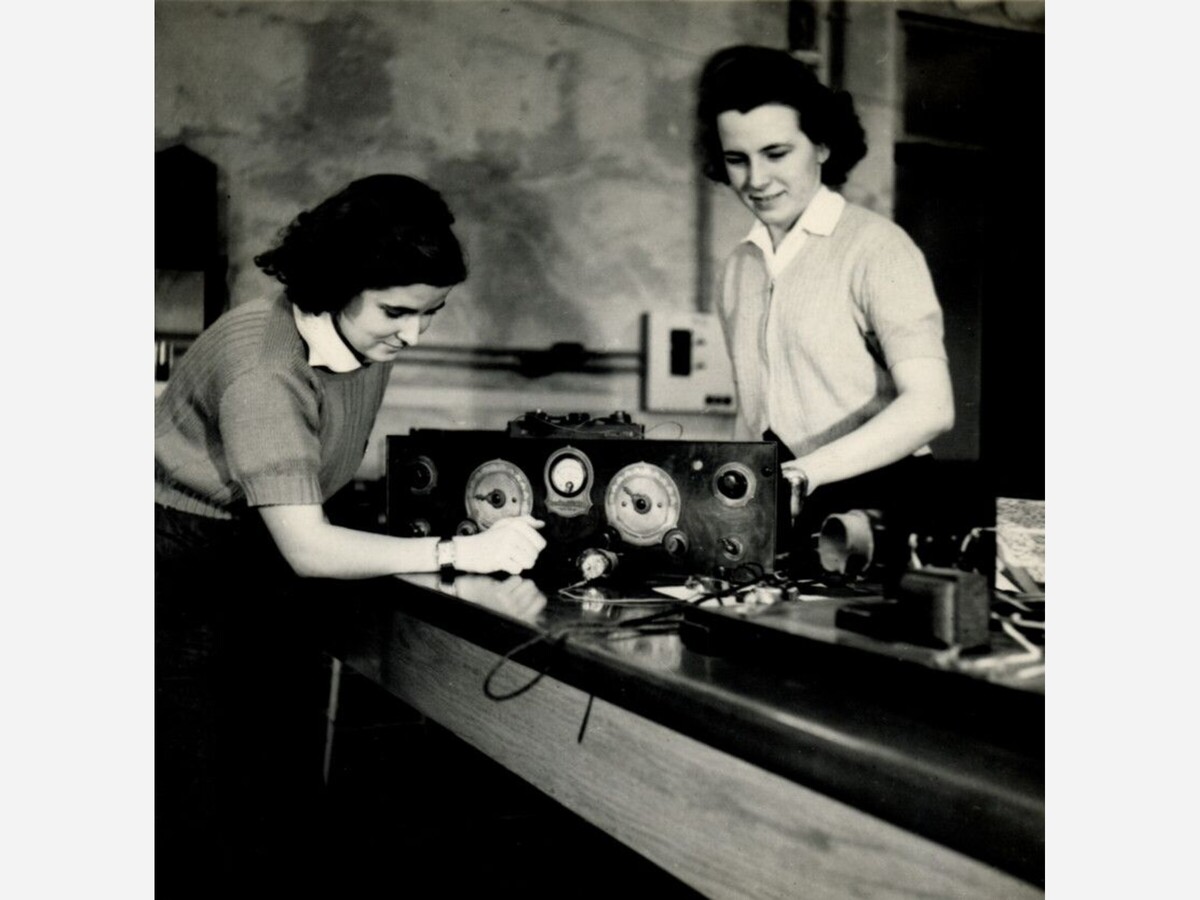Image

The Charm School: A summer research opportunity for women before REUs
Mathematician and physicist Dorothy Weeks brought female students into the laboratory almost two decades before NSF began funding a research program targeted at undergraduates.
Joanna BehrmanDOI:https://doi.org/10.1063/pt.vzvx.nmby
 Two physics students at Wilson College use an interferometer. (Photo courtesy of the C. Elizabeth Boyd ’33 Archives, Hankey Center, Wilson College.)
Two physics students at Wilson College use an interferometer. (Photo courtesy of the C. Elizabeth Boyd ’33 Archives, Hankey Center, Wilson College.)For students aspiring toward a career in science, participating in the Research Experiences for Undergraduates (REU) program has become a stepping stone from the classroom into the world of research. The opportunities are organized by many organizations, including companies, colleges and universities, and NSF and other governmental agencies. Studies show that participating in an REU helps students boost their confidence in their abilities and gain a better understanding of scientific concepts and research processes. REUs are also associated with an increased rate of degree completion and progression to graduate school, especially among underrepresented groups in science.1
But decades before REUs were a common practice, there was the Charm School: a summer program exclusively for female college students that was organized for six summers between 1939 and 1948. Attended by at least 28 women, it was spearheaded by Dorothy Weeks, a professor of physics from Wilson College in Pennsylvania. She received assistance from MIT spectroscopist George Harrison, in whose lab the students worked. The history of the Charm School shows the importance of undergraduate research and illustrates how female physicists—and physicists in training—made space for themselves in a place where neither undergraduates nor women often ventured.
Weeks understood how to wedge herself into male-dominated environments. As she recalled in her memoir,2 “I demonstrated my ability to fight very early” (page 103). Born in Pennsylvania in 1893, Weeks developed an early interest in science and mathematics, FINISH READING HERE